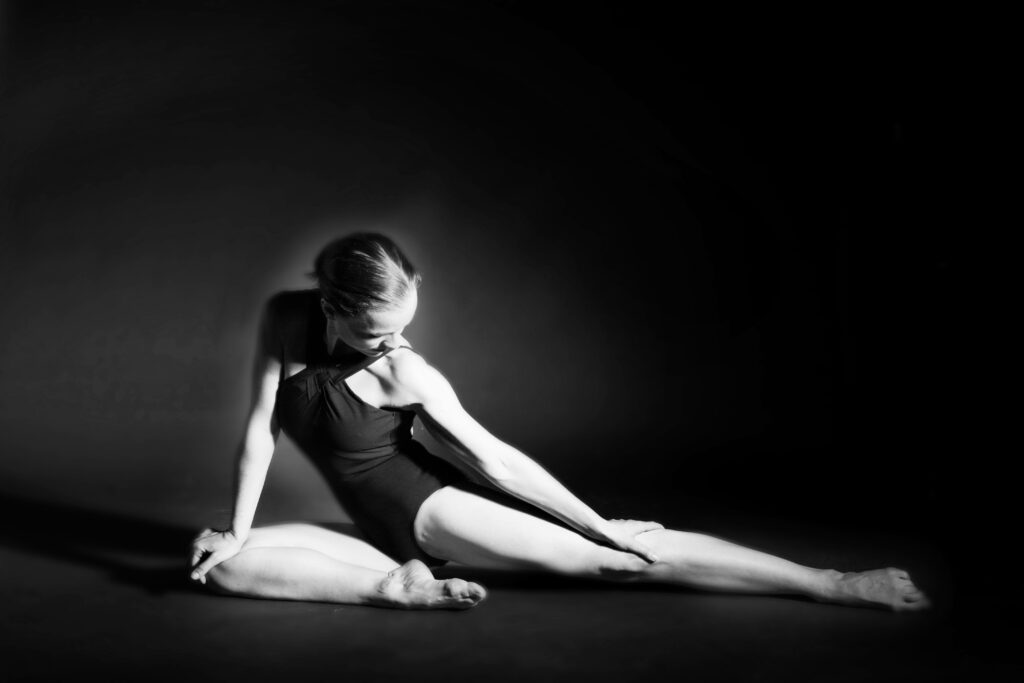I’m not a medical professional, I’m a movement teacher but during the course of my day I spend a great deal of time discussing what pain is, what it feels like and the impact it has on my clients, their families and their lives.
Pain is generally recognised as being either acute or chronic, one will likely have your calling 999 the other is something we are all likely to encounter at some point, requiring an over the counter remedy which may or may not improve how we feel.
What pain is and why we feel it seems like such an obvious thing to ask, something hurts us, we feel the consequence but the truth is there is so much more to what we feel and experience. If you suffer from panic attacks for instance an episode in full force may well feel like you are about to expire forever, the truth is you’re not but you may feel like it at the time. If you’ve been around a broken hearted teen (or been one) the world feels like its turning on pain receptors and nothing else.
What we do know is that what happens in our mind gets reflected in our body and what happens to our body will affect the mind. Think back to the last time you were deeply embarrassed or found something terribly funny, now think back to how your body responded. Maybe your face flushed, maybe your body shook with uncontrolled giggles, even if you tried to control these responses your body was already invested and giving you away. This shows up just as easily when we are feeling vulnerable or low, our posture often betrays us without us even realising it.
The interesting thing about chronic pain is how influenced it is my the other factors in our day to day life. if we are otherwise content in our lives, more optimistic in nature, if we are surrounded by supportive people even our experience of chronic pain is likely to feel measurably less,
So is it possible to approach chronic pain as a source of information, an opportunity to listen to what our minds and bodies are trying to express in order to effect change. Pain is a part of the inevitable experience of the lived human experience but we may have far more influence than we realise over how we experience both physical and psychological suffering.
Suffering in silence is just what it says on the tin, it only guarantees us more suffering in more silence. What if like many of my clients you were able to learn how to identify the source of pain, be it a long car ride or the prospect of a job interview, neither can be avoided forever but you can learn physical and psychological strategies to help lessen the physical stress and associated risk of experienced pain. What if, instead of waiting you got help from experts when you needed it, whomever the source might be, Doctor, Physio, Counsellor etc, what if you learned to learned to listen to the amber warning in order to prevent a scenario going to red.
What we do know is that regular movement, good nutrition, hydration and creating positive spaces around you has a direct impact on how your body is going to feel.
It doesn’t guarantee you will never be in pain again but it may been you have more resilience to manage the suffering. Your nervous system isn’t just designed for running but also equally capable of calming you down and making you feel better, its hard wired but all to often we forget the resources we were born with or have simply spent so long existing in a fight or flight posture and mindset that we’ve become it entirely.
The good news is what can be done can be undone, and always ask for the help you need when you need it, your amazing mind and body deserves that at the very least.
Whilst pain is indeed inevitable, the suffering as they say is optional…
Namaste
Suzy xx
www.seraphinapilates.com


